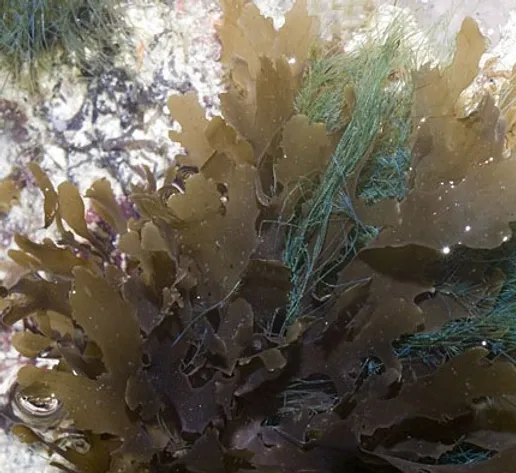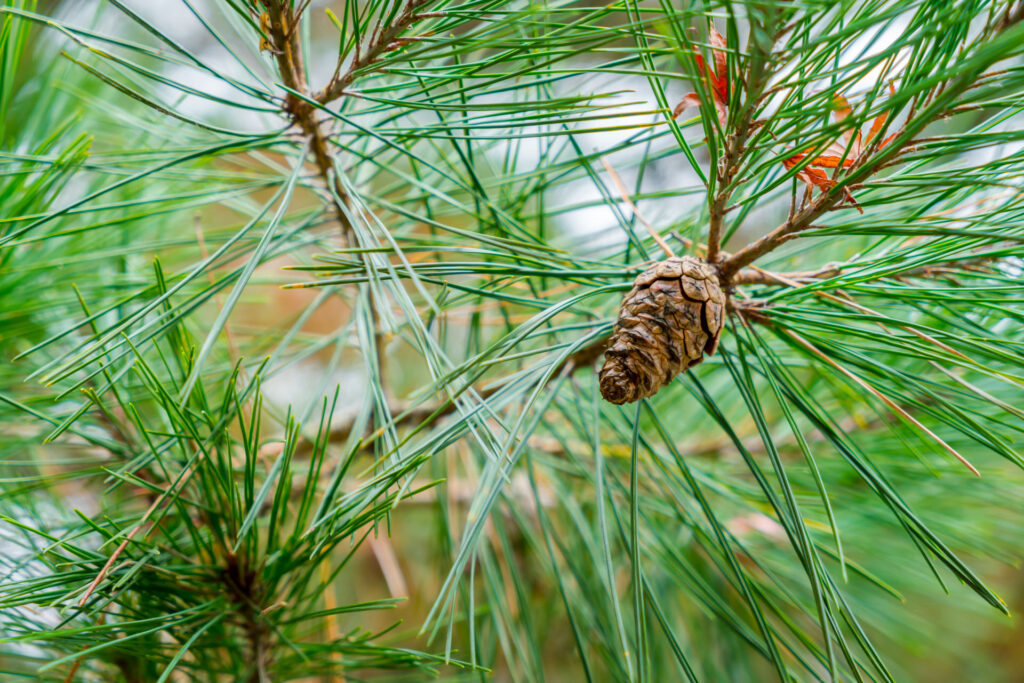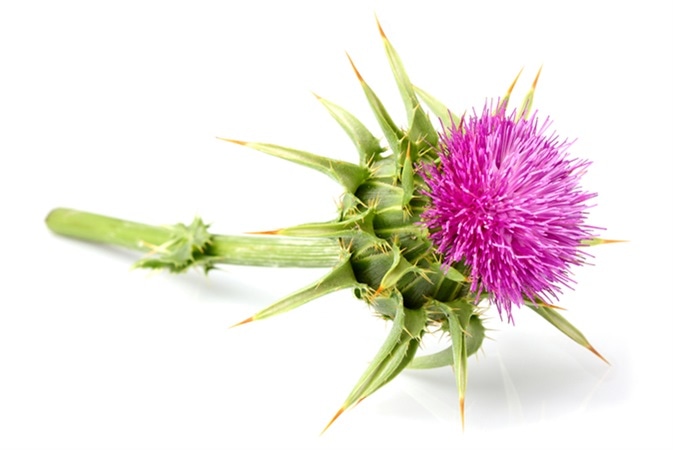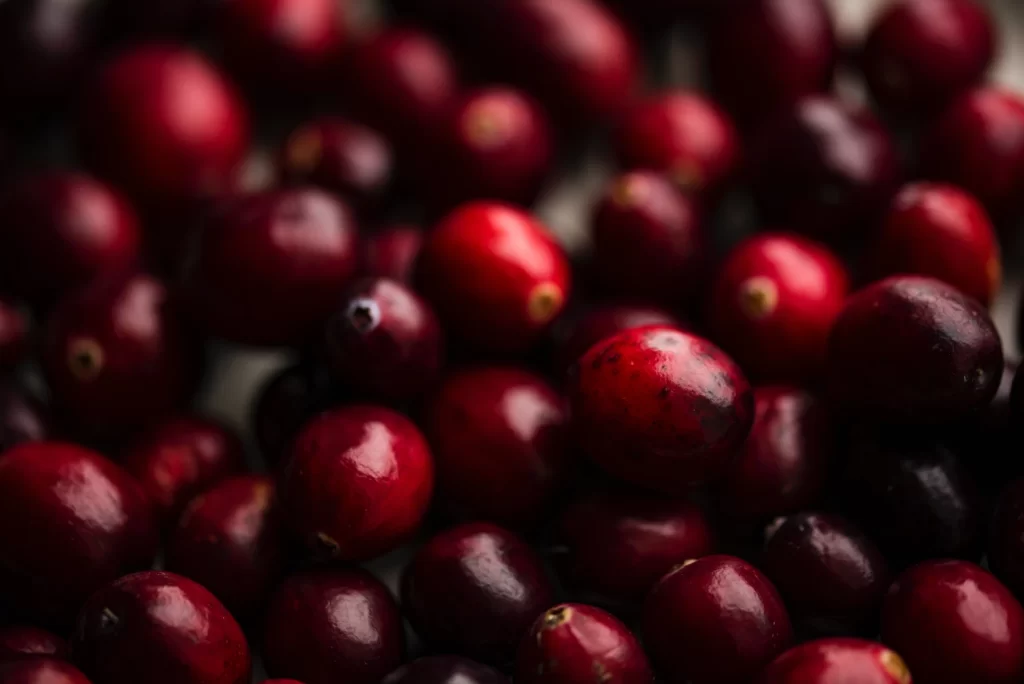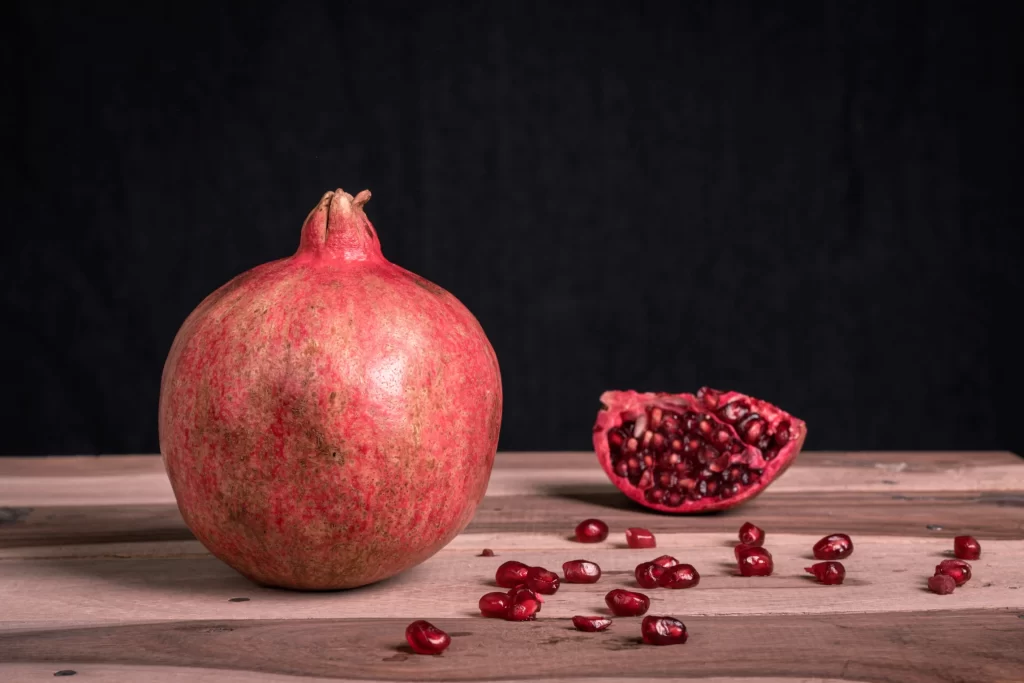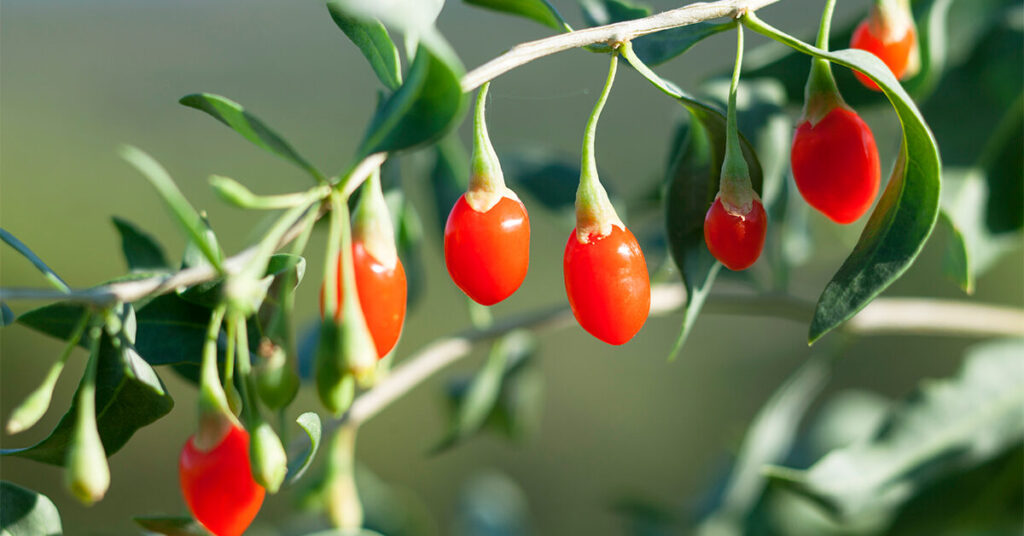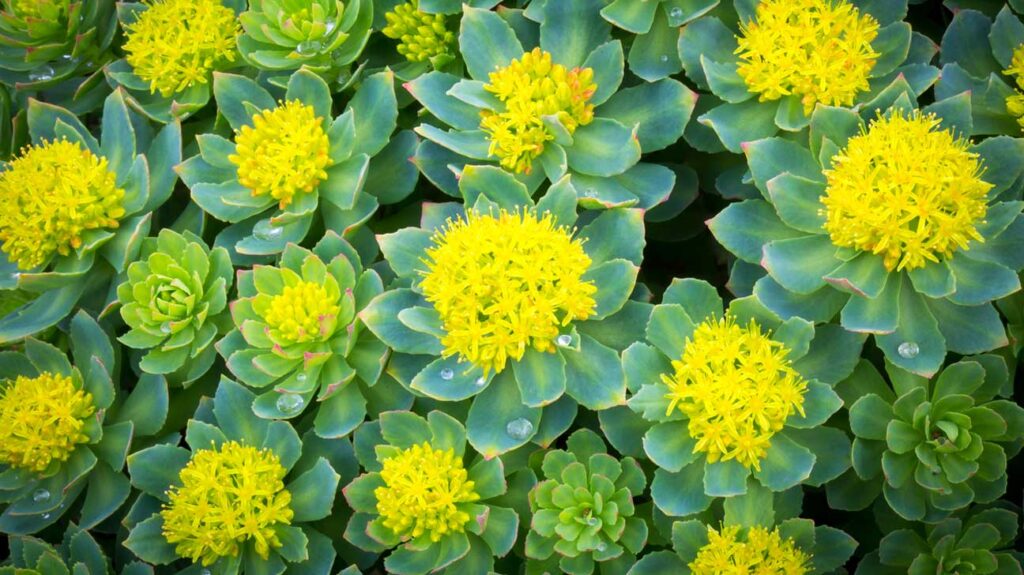
When it comes to living a long and healthy life, the state of our blood vessels plays a crucial role that is often overlooked. The health of our circulatory system, encompassing arteries, veins, and capillaries, directly impacts the functioning of vital organs and tissues. In this blog post, we will explore the significance of blood vessel health and its influence on longevity, well-being, and overall quality of life. Supported by scientific evidence and reputable references, we’ll delve into how maintaining optimal blood vessel health can be a key determinant in the pursuit of a lasting and healthy life.
Blood Vessels and Their Importance
Before delving into the link between blood vessel health and longevity, let’s first understand the crucial role these vessels play in our bodies. Blood vessels are the intricate network of tubes that carry oxygen, nutrients, and waste products throughout our system. They are responsible for regulating blood pressure, maintaining blood flow, and supporting the efficient functioning of all our organs.

The Impact of Blood Vessel Health on Longevity
Research has shown that the health of our blood vessels can significantly influence our life expectancy. Healthy blood vessels facilitate better blood circulation, ensuring a steady supply of oxygen and nutrients to all organs, including the heart, brain, and muscles. On the other hand, compromised blood vessels, often associated with conditions like atherosclerosis, hypertension, and diabetes, can lead to reduced blood flow, raising the risk of heart attacks, strokes, and other life-threatening diseases.
Maintaining Blood Vessel Health
Now that we understand the importance of blood vessel health, let’s explore some ways to promote and maintain it:
1. Balanced Diet: A diet rich in fruits, vegetables, whole grains, and lean proteins can contribute to healthy blood vessels. Antioxidants and photochemicals found in these foods help reduce inflammation and oxidative stress, which are significant contributors to blood vessel damage.
2. Regular Exercise: Physical activity promotes better blood circulation, strengthening blood vessels and reducing the risk of arterial stiffness. Aim for at least 150 minutes of moderate-intensity exercise per week.

3. No Smoking: Smoking damages blood vessels and increases the risk of atherosclerosis and blood clots. Quitting smoking can significantly improve blood vessel health.
4. Manage Stress: Chronic stress can contribute to hypertension and inflammation, negatively impacting blood vessel health. Practicing relaxation techniques like meditation and yoga can help mitigate these effects.
The Role of Genetics
While lifestyle factors significantly influence blood vessel health, genetics also play a role. Some individuals may be genetically predisposed to conditions like familial hypercholesterolemia or hypertension, which can affect blood vessel health. However, even with a genetic predisposition, a healthy lifestyle can still help improve overall vascular health and reduce associated risks.
The health of our blood vessels is an essential aspect of achieving a long and healthy life. By nurturing our circulatory system through a balanced diet, regular exercise, stress management, and avoiding harmful habits, we can promote optimal blood vessel function and reduce the risk of cardiovascular diseases and other health issues. Remember, making positive lifestyle choices today will pave the way for a healthier and happier tomorrow.
References:

Ridker, P. M., Buring, J. E., Cook, N. R., Rifai, N. (2018). C-reactive protein, the metabolic syndrome, and risk of incident cardiovascular events. Circulation, 107(3), 391-397.
Yusuf, S., Hawken, S., Ôunpuu, S., Dans, T., Avezum, A., Lanas, F., … & Lisheng, L. (2004). Effect of potentially modifiable risk factors associated with myocardial infarction in 52 countries (the INTERHEART study): case-control study. The Lancet, 364(9438), 937-952.
Williams, B., Mancia, G., Spiering, W., Agabiti Rosei, E., Azizi, M., Burnier, M., … & Zappe, D. H. (2018). 2018 ESC/ESH guidelines for the management of arterial hypertension. European Heart Journal, 39(33), 3021-3104.
Song, P., Rudan, D., Zhu, Y., Fowkes, F. J., Rahimi, K., Fowkes, F. G., … & Huxley, R. R. (2018). Global, regional, and national prevalence and risk factors for peripheral artery disease in 2015: an updated systematic review and analysis. The Lancet Global Health, 6(12), e1160-e1170.




